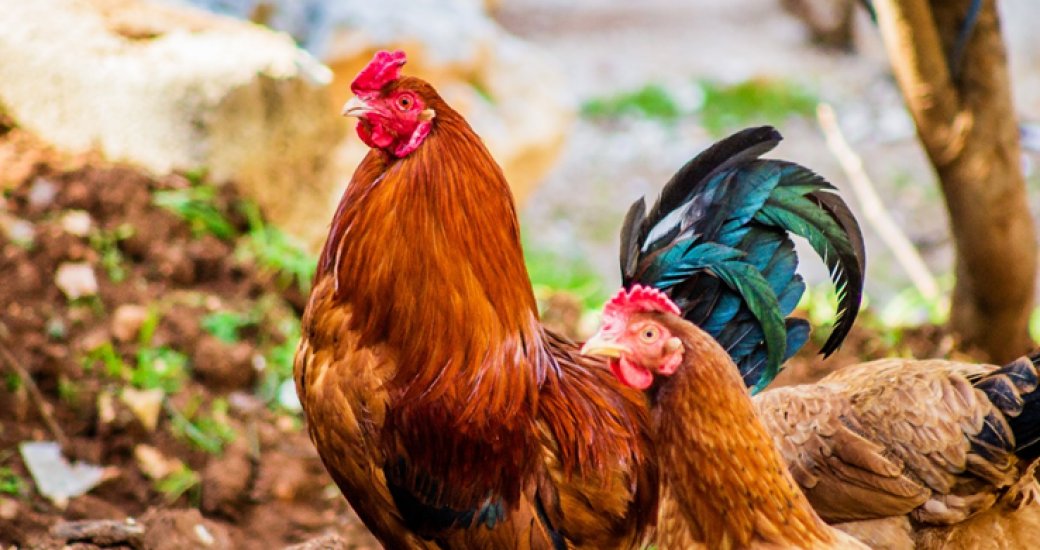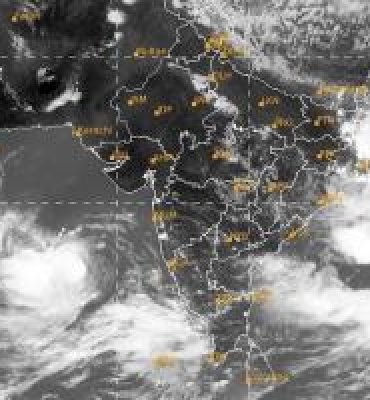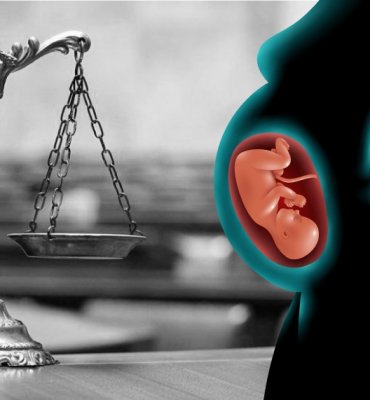
The AHSSOH aims at creating an ecosystem for a better animal health management system using the One Health approach covering five (05) states in India.
The Union Minister for Fisheries, Animal Husbandry and Dairying, Shri Parshottam Rupala launched the Animal Pandemic Preparedness Initiative (APPI) and World Bank-funded Animal Health System Support for One Health (AHSSOH) in April.
This initiative aims to enhance India's preparedness and response to animal pandemics, in line with the One Health approach, focussing on zoonotic diseases that pose a threat to both animal and human health. It will help to improve veterinary services and infrastructure, disease surveillance capabilities, early detection, and response, build the capacity of animal health professionals, and awareness among farmers through community outreach.
The key activities under APPI which are at different stages of execution are as follows:
- Defined joint investigation and outbreak response teams (National & state)
- Design an overall integrated disease surveillance system (built on National Digital Livestock Mission)
- Strengthening the Regulatory system (e.g., Nandi online portal and Field trial guidelines)
- Creating disease modeling algorithms and early warning systems
- Strategizing Disaster Mitigation with National Disaster Management Authority
- Initiate targeted R&D to develop vaccines/diagnostics/therapies for priority diseases
- Build genomic and environmental surveillance methods to improve the timeliness and sensitivity of disease detection
The project aims to cover 151 districts in five participating states, wherein it will target the upgradation of 75 district/regional laboratories, the upgradation/strengthening of 300 veterinary hospitals/dispensaries, aims to train 9000 para-veterinarians/diagnostic professionals and 5500 veterinary professionals. An awareness campaign on the prevention of zoonotic diseases and pandemic preparedness at the community level is also planned.
The collaborative project will be implemented over a five-year period as a Central sector scheme with a financial provision of Rs. 1228.70 Cr. Continuous training of veterinarians and para-veterinarians on innovative disease management practices, networking of laboratories, and integrating disease reporting systems for enhanced surveillance of zoonotic and other animal diseases will be done.
These activities aim to fill an important gap that currently exists in India which is the preparedness for pandemic diseases that impact animals.










